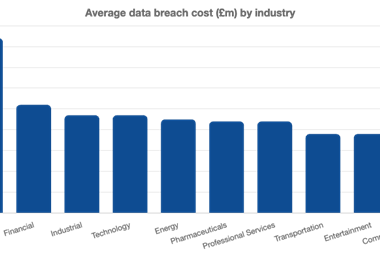Many insurance industry players are focusing on designing products and facilities to help companies deal with the new "cyber risks" arising from e-business activities.
One of the latest offerings is an online quote facility for so-called "bullet proof" cyber insurance. Launched by insurer Hiscox and broker Alexander Forbes, Cyberliability cover provides financial protection against third party liability claims and internal losses arising from use of the internet, electronic mail, or extranet, with quotes available online.
Included are acts of cybervandalism such as security breaches through hacking, website damage, cyberfraud or crimes committed via a computer, including misuse of electronic signatures.
John Reeve, executive chairman, Willis Group Limited, recently stressed the little understood but potentially very considerable risks derived from e-commerce and using the internet.
He said that credit card fraud, the inadvertent transmission of viruses and the potential damage to reputation that may ensue from the rapid spread of bad news could be potentially disastrous for companies.
"While some of these risks are familiar, the scale, speed and global nature of the internet magnifies the danger. In five years, we could be speaking of losses from e-commerce of hundreds of millions of dollars." Willis recently formed its own cyber risks practice.
Hiscox: online pitfalls
According to Hiscox, the most common pitfalls that companies face when going online are:
Domain name disputes
Solicitors Rosling King say trademark disputes involving domain names usually fall into one of three categories:
Cybersquatting involves registering a trademark as a domain name in order to extort payment for the sale of the domain name to the rightful mark owner
Typesquatters register domain names that are nearly identical to the actual domain names used by other organisations, aimed at catching web users who make typographical or punctuational errors when entering a (usually) popular corporate website address.
Cases involving Tarnishment - disparagement of business or products - are less clear cut as the internet is seen as an arena for free speech.



















